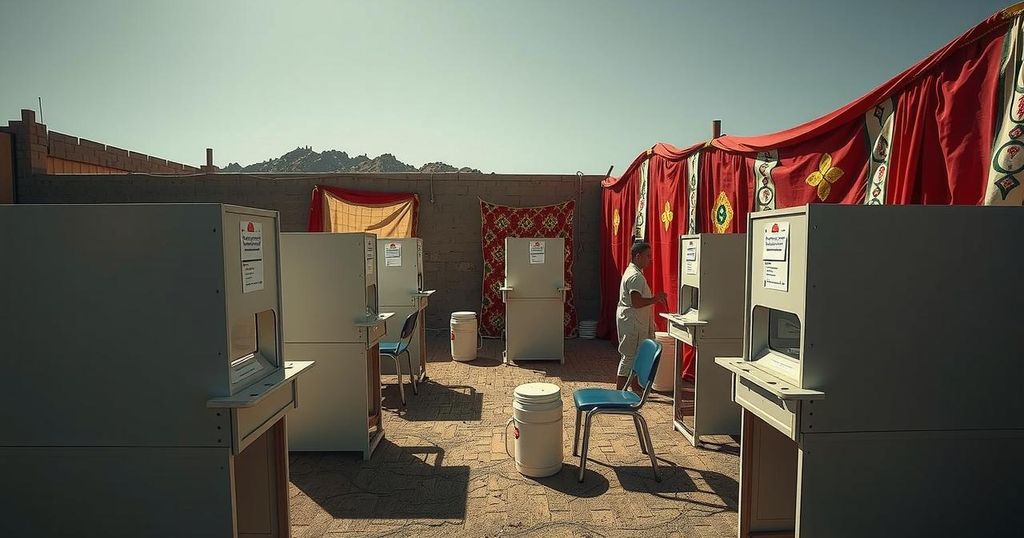World news
ABD, ABDIRAHMAN ALE, ABDIRAHMAN ALEELI, ABDIRAHMAN MOHAMED ABDULLAHI, AFRICA, CIVIC ENGAGEMENT, CURRENT EVENTS, ELECTION, GOVERNANCE, HARGEISA, HORN OF AFRICA, MO, MUSE BIHI ABDI, PRESIDENTIAL ELECTION, PRESIDENTIAL ELECTIONS, SOMALIA, SOMALILAND, SOMALILAND SOMALILAND
Lena Nguyen
0 Comments
Somaliland Holds Pivotal Presidential Election Amid Economic and Political Tensions
Voting in Somaliland for the presidential election commenced on November 13, 2024, after a two-year delay. More than one million residents are participating in a vote that features incumbent President Muse Bihi Abdi and key opponents advocating for reforms and unity. This election is critical as Somaliland seeks international recognition while balancing economic challenges and geopolitical tensions with Somalia and Ethiopia.
On November 13, 2024, voting commenced in Somaliland, a self-declared independent region of Somalia, for a presidential election that had been postponed for two years. Local reports indicated significant turnout at polling stations in Hargeisa, where citizens expressed their aspirations for a robust economy and job creation. More than one million voters are anticipated to participate across over 2,000 polling locations, accompanied by 28 international observers to ensure electoral integrity. Incumbent President Muse Bihi Abdi of the ruling Kulmiye Party is vying for re-election after a seven-year term focused on securing international recognition for Somaliland. His main challenger, Abdirahman Mohamed Abdullahi of the opposition Waddani Party, emphasizes democratic reforms and enhancing social unity. Meanwhile, Faisal Ali Warabe of the Justice and Welfare Party proposes the establishment of a national unity government. Since declaring independence from Somalia in 1991 amidst widespread conflict, Somaliland has developed its own governmental, monetary, and security systems, despite lacking global recognition. This historically stable political landscape stands in stark contrast to the ongoing challenges faced by Somalia itself. The government previously cited economic difficulties as a reason for the election’s delay in 2022. Somaliland’s latest treaty with Ethiopia, which allows access to the Indian Ocean in exchange for potential recognition, further complicates its relationship with Somalia, as the latter accuses Ethiopia of infringing upon its territorial integrity. As this election marks Somaliland’s fourth presidential voting exercise, concerns have arisen regarding the stability and reliability of its electoral processes.
Somaliland, which separated from Somalia in 1991, functions with its own government and has made significant strides in establishing a stable political and economic environment. However, the region is not recognized by the international community, which raises questions about its legitimacy and relations with the internationally recognized government in Mogadishu. Political tensions are heightened by Somaliland’s agreements with Ethiopia and the region’s ongoing economic struggles, which were significant factors in the delayed election.
The 2024 presidential election in Somaliland represents a crucial moment for the region as it navigates its quest for international recognition and economic stability. With both local and international observers monitoring the electoral process, the outcome will be significant not only for Somaliland but potentially for the political landscape of the Horn of Africa as a whole. The participation of voters indicates a robust desire for change and progress within the region, making this election pivotal for future governance.
Original Source: apnews.com




Post Comment